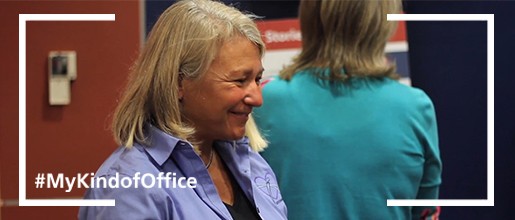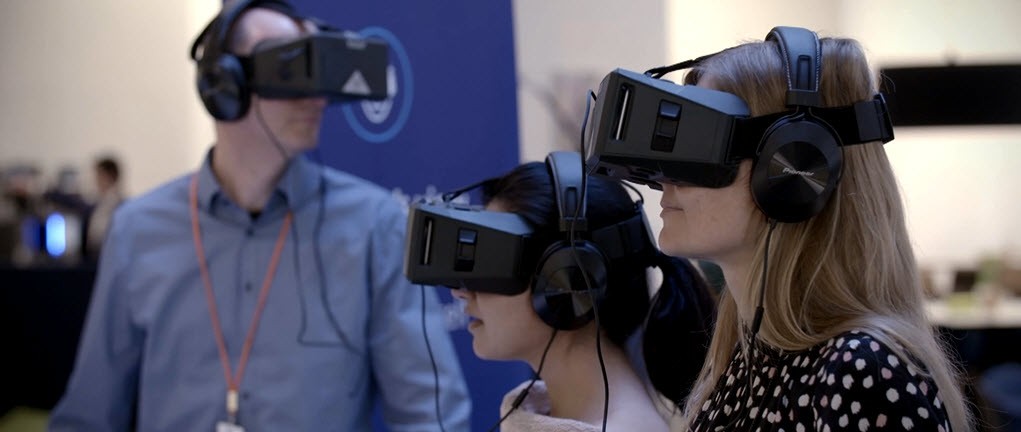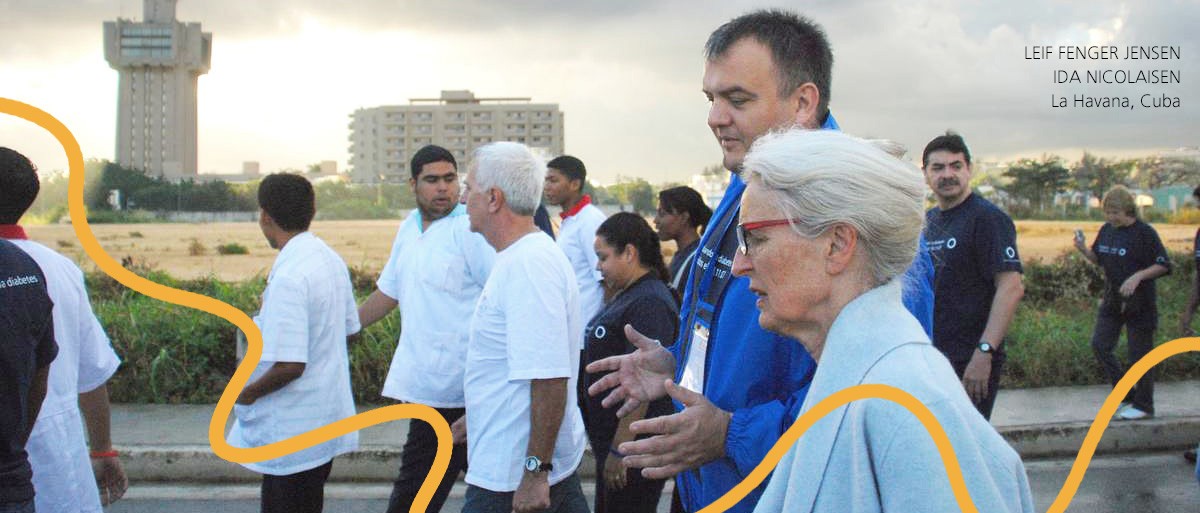Even on the most basic level, she notes, she must consider time zone, working hours, national holidays and visa issues. “You have to have a good overview of what is happening in the world,” she explains. She recounts a time where a global meeting was planned to take place in summer 2016, to which she asked, “Which summer?” For such reasons, her department keeps a spreadsheet of employees with specific local knowledge.
A spreadsheet, which would have to be rather expansive, because as Natasha notes, “We are more than 20 nationalities in my department.” When she comes to work each day, Natasha explains, she can expect to be greeted by colleagues from all over the world bringing their own experiences, culture and very often, homemade desserts.
Working in such a global fashion, though, does have its challenges. For one, Natasha explains, sometimes solutions that seem unquestionably valuable simply aren’t because of cultural barriers. Natasha recounts a time where they tried to implement an SMS service to help patients globally remember their appointments and better prepare for them. “In one country, some of the patients lived far away in small villages and didn’t even have mobile phones.” Ultimately, the service was suspended in the countries where it wasn’t of use. “The most important thing is to be useful,” Natasha explains.
Natasha, who’s always had a fierce interest in traveling, says she’s felt heard and supported through every step of her international journey with Novo Nordisk. She’s always been able to talk openly with management about development opportunities and at times has even been appointed coaches to guide her along the way. A perk, she says, was particularly helpful when first making the switch from a local affiliate in her hometown of São Paulo to the regional office in Zürich. “They listen to you if you have an interest in working abroad, or even if you want to move around within the company,” she explains. “They see the value of learning from different parts of the organization.”
This is so important, because as Natasha says, “The international experience helps you to make decisions here in headquarters now.” She goes on to reason, “One size does not fit all,” at the end of the day we have to adapt strategies to local needs. Further, she adds, the opportunity to move around in the company allows you to experience the company “from different perspectives and at different levels,” something she is really thankful for.
Home for Natasha is a 15-hour flight away and a three to five hour time difference, depending on the season. Her fiancé, whom she’s been with for 12 years now, still lives back in Brazil, “It has been a long journey,” explains Natasha. That said, Natasha claims she’s gotten used to it and that Skype, FaceTime and WhatsApp have been lifesavers.
Natasha, who has a plan A, B, C and D at any given time, says she hopes to bring her fiancé here and stay for good, but even if it doesn’t work out, she says, she feels there are still options on the table. “I’m constantly telling my fiancé,” explains Natasha, “even if it’s hard what we’ve been through, I think we need to be thankful for having the opportunity to choose. Some people might not even have one or two choices.”
While Natasha admits having a global career has had its
challenges, she’s never once doubted her decisions. “I think your
motivation gives you some fuel through all the challenges of living
abroad,” she explains. “You actually spend most of your time at work,
so I believe if you do what you love, it makes things easier.” Always
a planner, Natasha says she never would have thought she’d end up here
in global headquarters. That said, she is an adamant believer that
sometimes you simply get led to a place, follow your intuition and as
long as you’re happy, you should go with it. She realizes this isn’t
for everyone. “Each person is different and you have your personal
life and things that you wish for your career.” Beyond this and
borrowed from Facebook COO Sheryl Sandburg, she has a question she
suggests you ask yourself when tough decisions are thrown your way:
“What would you do if you didn’t have fear?”


